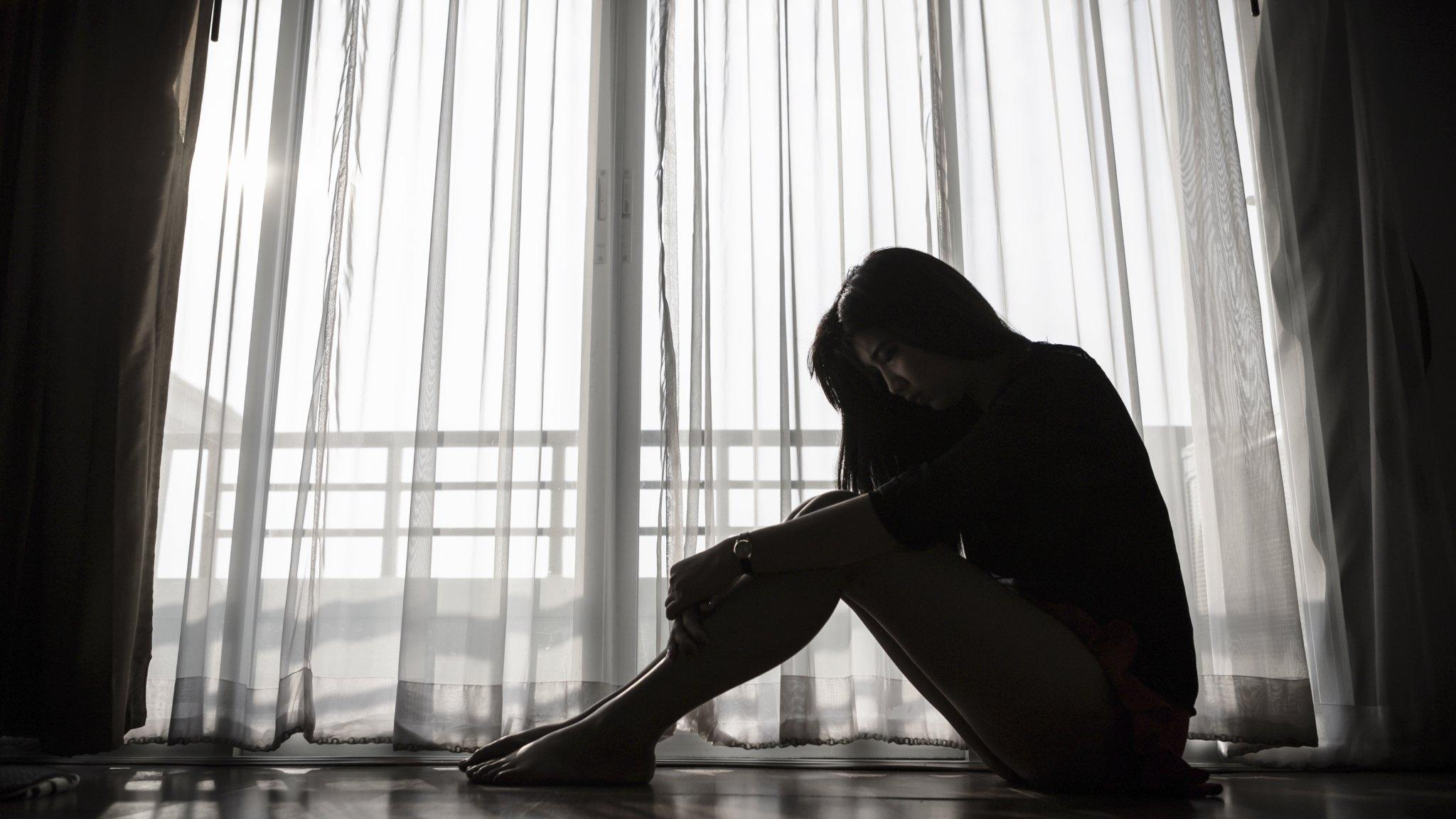Mental health: Five people called Met Police 8,655 times in 2017
- Published
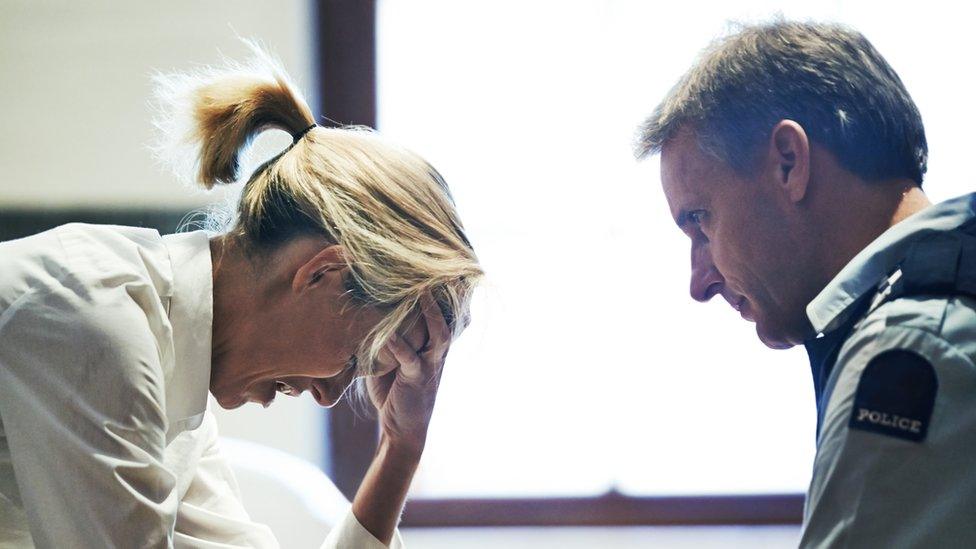
Five people racked up 8,655 calls to the Metropolitan Police in 2017 - costing £70,000 to answer.
What did the top five repeat callers have in common? Mental health problems.
A watchdog for police forces in England and Wales released the figure to show how police have become the "default" service to deal with mental health.
Her Majesty's Inspectorate of Constabulary and Fire and Rescue Service claims the broader mental health system is "broken".
The Home Office said it was investing in mental health services and praised "police leadership" in the area.
But the Police Federation welcomed the "frank assessment" from the Inspectorate and said the prime minister and home secretary "should hang their heads in shame".
Independent watchdog HMICFRS inspected the police response to mental health problems for the first time across all 43 forces in the two countries and the British Transport Police.
Other figures in its report showed:
In London, police receive a call about a mental health concern once every four minutes and send an officer to respond every 12 minutes
Welsh forces estimated that each call they go out on for a mental health-related issue takes three hours on average to deal with
In half of all mental health-related calls, the police, rather than the ambulance service transport people to a place of safety
Zoë Billingham, HM Inspector of Constabulary, said other services "need to stop relying on the 24/7 availability of the police".
She added: "This is letting down people with mental health problems, as well as placing an intolerable burden on police officers and staff.
"It is a national crisis which should not be allowed to continue; there needs to be a fundamental rethink and urgent action."

The people behind the calls
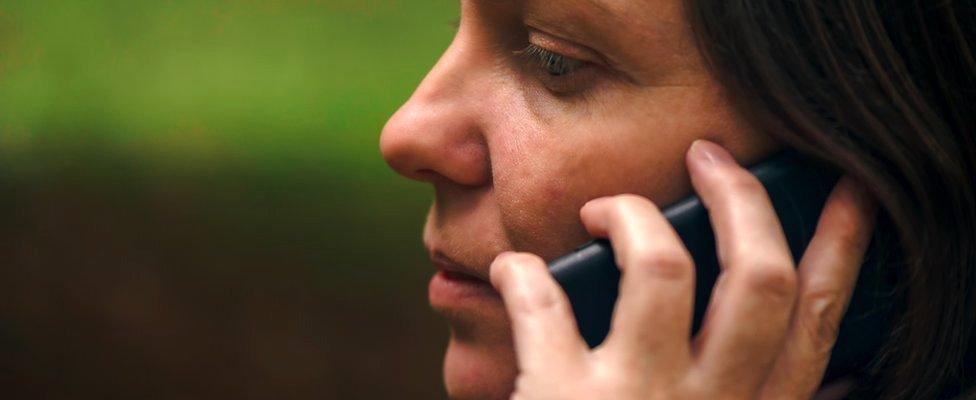
As part of the report, the HMICFRS spoke to groups of people with mental health problems who had been involved with the police.
We have included three of their experiences - all participants are anonymous.
'My baby died in foster care'
"I have had a lot of support from police. My baby died in foster care. I went off the rails.
"The police saw me sitting on the pavement crying hysterically. The officer asked me what was wrong and put his coat around me.
"He put me in the back of the car and said 'I am taking you to hospital to get some support'.
"He stayed with me and took me home and when I went into the treatment centre, the police officer sent me a card that said: 'Do well, this is your beginning'."

Forces have a number of programmes to try and improve their response to mental health-related incidents.
The aim is to reduce the number of people detained under section 136 the Mental Health Act 1983 - where officers can remove a person to a place of safety if they are in immediate need of care or control.
Of the 43 forces, 42 now have "street triage" teams - a programme that sees dedicated mental health professionals go out with police officers to give help when needed.
Lincolnshire has gone as far as funding a fully equipped ambulance, staffed by a paramedic and a mental health nurse, that can be used for police and ambulance calls seven days a week.
Others, like Humberside Police, have mental health practitioners from charities like Mind based in their control rooms to identify those who need help when they call.
And some, like Cambridgeshire Constabulary and Essex Police, have integrated mental health teams in their force control rooms.
But whilst Hertfordshire Constabulary told HMICFRS that its scheme had reduced the demand on partners and the number of people it detained under the Mental Health Act, the number of incidents involving people in mental health crisis continues to rise.
"This might indicate that people aren't receiving the primary care or community-based mental health care that might prevent them from reaching crisis point in the first place," said the report.

'I started carrying a knife'
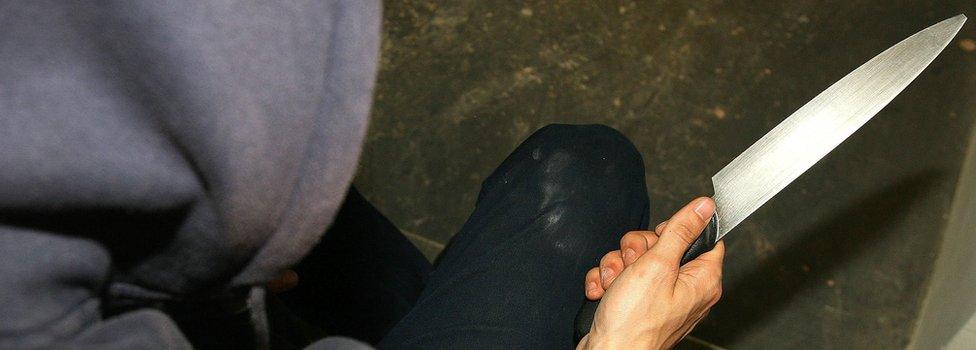
"I started carrying a knife around 'cos the voices were telling me to harm people and myself. What I wanted was to get sectioned.
"I went and told my probation officer. She sat me down and contacted the community mental health team.
"I sat down in front of the doctor and psychiatrist and do you know what they said to me? 'We can't give you what you want.'
"So basically, I have to go out there and do something before the crisis team can section me.
"I'm there carrying a knife around looking to do something to someone, or myself, and I have to do it before I can get into hospital.
"This was a year ago. I was scared for people, I am a dangerous man."

Inspector Billingham said: "Police officers naturally want to respond and do their best to support vulnerable people when they ask for help.
"And we found that police officers respond to those with mental health problems with care and compassion.
"But we cannot expect the police to pick up the pieces of a broken mental health system.
She added: "Over-stretched and all-too-often overwhelmed police officers can't always respond appropriately, and people in mental health crisis don't always get the help they need."

'He understood the mental illness I had'
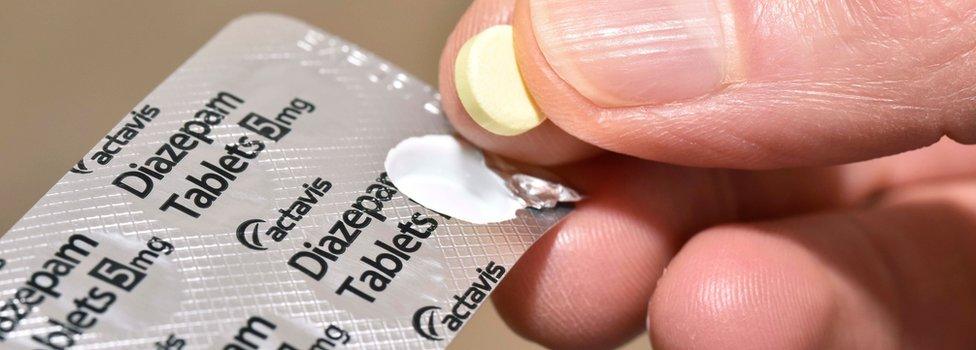
"I told the officer I had mental health problems. He said, 'where's your medication?'
"When he saw it he said, 'ah, my sister suffers with that'.
"His approach towards me changed. He arranged for me to be assessed. I was taken to hospital. I wasn't in handcuffs.
"He got me a cup of tea when we were waiting for the medical staff to assess me.
"He talked to me about his sister and how he had helped her.
"He told me about charities to get support. He understood the mental illness that I had."

A spokesman from the Home Office said the police had worked closely with the NHS to reduce the number of people held in police custody as a place of safety - down 95% since 2011/12.
He also said the government was investing £2bn into mental health services, including mental health liaisons in accident and emergency departments and community crisis services.
But the National Chair of the Police Federation of England and Wales, John Apter, said the HMICFRS report "reflects the reality" of what officers are experiencing daily and blamed the government austerity cutbacks.
"We are the service of last resort, the organisation which cannot refuse to go when we are called, the people who fill the 17:00-09:00 gap left by other agencies and that it is placing an intolerable burden on police officers," he said.
Marjorie Wallace, chief executive of the mental health charity SANE, added that the situation was "unfair on both the patient and the police", and forces "should be no substitute for mental health provision".
- Published1 February 2018
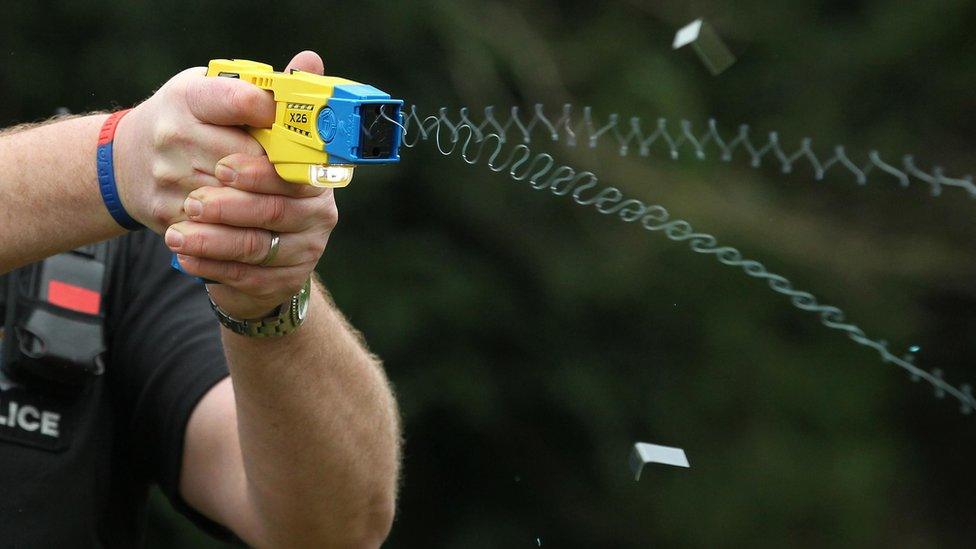
- Published14 December 2017
